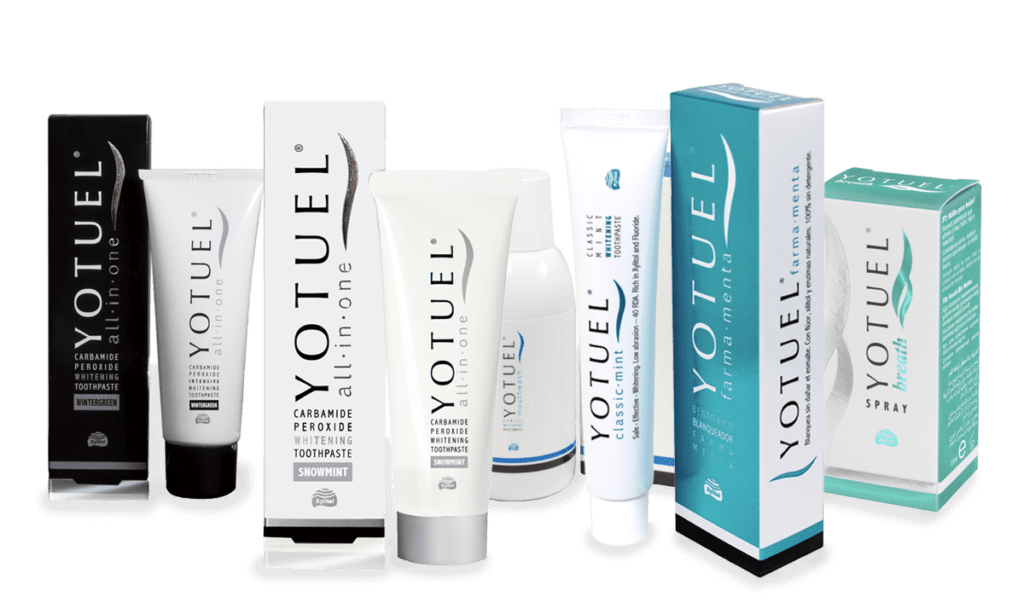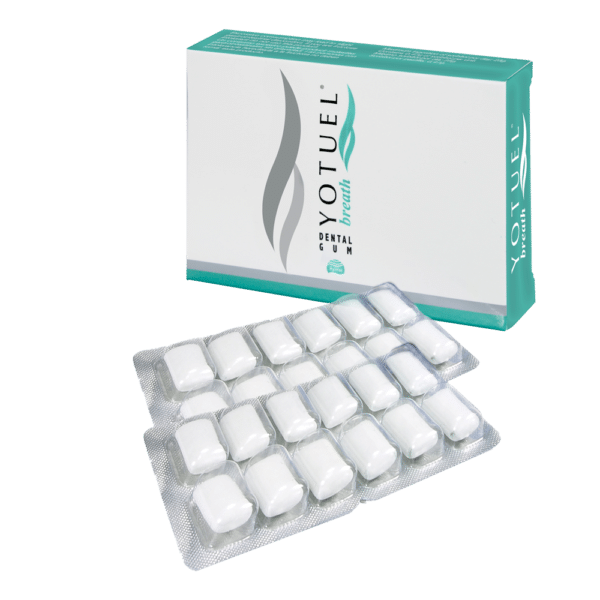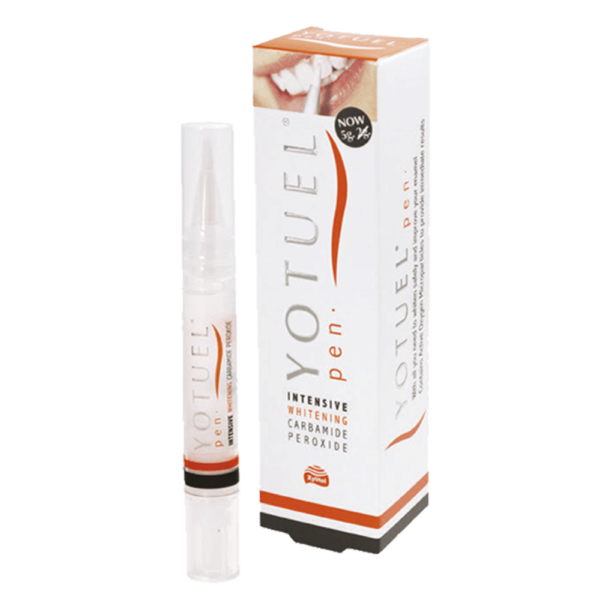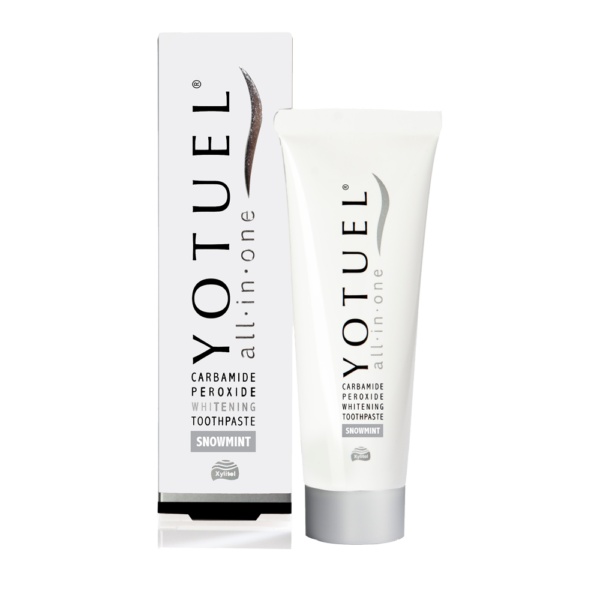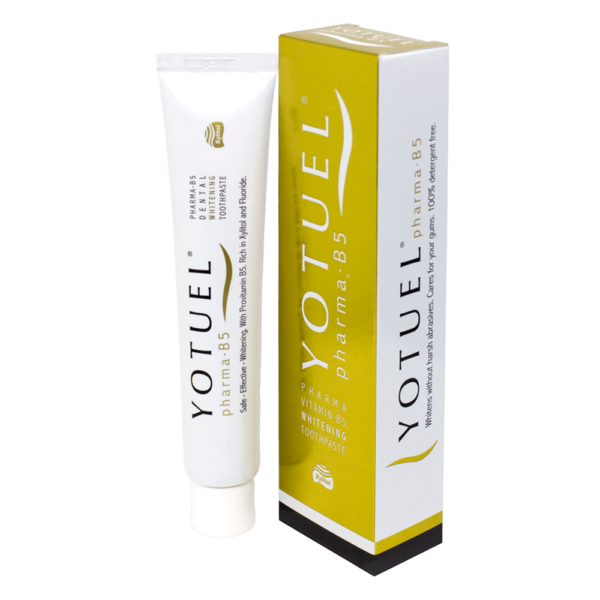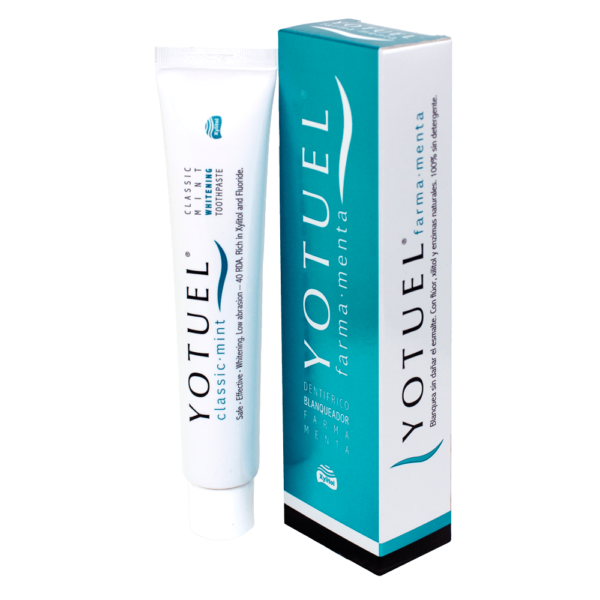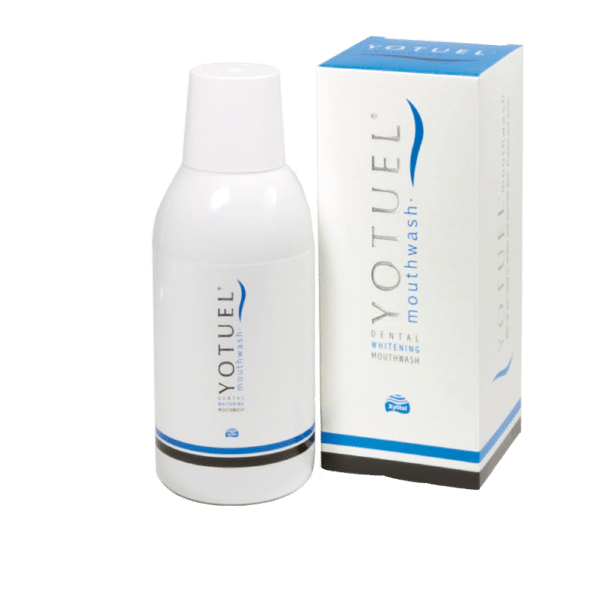During pregnancy hormonal changes are constant and these changes can also affect the functioning of your mouth, especially if no special care is taken in your hygiene. In this period, your teeth and gums are more likely to develop some type of disease and that’s why we recommend that you strengthen the hygiene of your mouth during this period.
The most common oral problems in pregnant women is the onset of gingivitis, commonly known as gestational gingivitis. Another consequence of hormonal changes is the tendency to develop periodontitis, a problem associated with inflammation of the gums.
Therefore, it is advisable to have a good oral hygiene to keep your mouth healthy and clean and thus keep the plaque in control and prevent these ailments from appearing.
The main causes why these types of oral problems arise, in addition to being associated with hormonal changes and poor oral hygiene, appear because of these everyday situations during the pregnancy period.
Why reinforce oral hygiene during pregnancy?
Hormonal changes: During pregnancy there is an increase in hormone levels and one of the consequences of these changes is the appearance of progesterone. This means that the body can react with redness and inflammation of the gums by bacterial plaque build up.
A good solution to combat this ailment is the use of toothpastes such as Yotuel Pharma B5, rich in potassium that strengthen the gums and prevent or reduce the appearance of these inflammations.
Nausea or vomiting:
Having stomach ailments is very common in pregnancy, becoming nauseous or vomiting and as a result, damaging tooth enamel. So we advise you, especially in the first few months, to have a mouthwash to hand to cleanse your mouth and eliminate heartburn.
When you are away from home, a good solution for this type of situation is to always carry in the bag, a spray or gum that eliminates bad breath and gives your mouth feeling of freshness and well-being.
Use of medications:
At this stage you may take medicines to combat some specific pregnancy ailment. Some of the drugs you can take (antibiotics or tetracyclines) can cause hypoplasia in your baby, meaning they damage the fetus’ tooth enamel and may even stain the dental parts that will come out in the future.
Frequent meals:
Meal and beverage intake is likely to increase in quantity or frequency, and in many cases, more sugar-containing foods are also taken during pregnancy. So if you don’t have good oral hygiene, cavity problems may occur.
It is essential to brush your teeth after each meal with fluoride, calcium and xylitol-rich toothpaste. If you eat away from home and don’t have a toothbrush handy, you can take sugar-free gum containing xylitol to help combat the appearance of bacterial plaque.
During pregnancy you must have good eating habits and proper oral hygiene, because as you have seen there are many situations in daily life that can cause problems in your oral hygiene and that of your baby. Even though the fetus does not absorb calcium from your teeth, if it does so from your bones, so we recommend that you use toothpaste rich in calcium to strengthen your teeth and eat foods rich in this component to improve your baby’s bone development.



